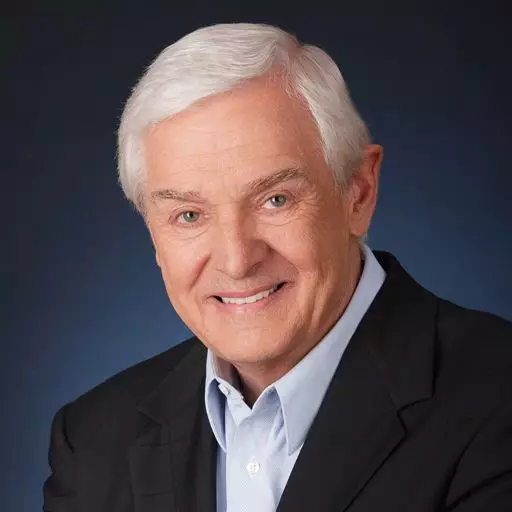The website “Ask a Manager” received a letter from a reader who lied during a job interview. Responding to a technical question, the applicant should have said, “I don’t know,” but instead improvised an answer and tried to bluff through the discussion. Afterward the person was anxious about the flub and wondered what to do.
“Ask a Manager” replied: “This is not good, but you probably already know that.” The columnist pointed out that few people object when we say, “I don’t know. I’ll find out and get back to you.” But to be caught trying to make up an answer speaks to honesty, integrity, and judgment.[1]
As Christians, there will be times when we’ll be asked a question for which we don’t have an answer. So what happens when none are forthcoming?
A Twist in the Road
Any of us who have survived a significant trial understand that answers aren’t always readily available. God has promised to work all things together for our good; but He has not promised to explain all the machinery behind that promise. We may never know all the answers. But there’s something liberating about admitting we have no answers, and we can be alright with that.
A Bend in the River
In 1961, missionaries Jim and Doreen Tootill were traveling with their children down a river toward Bangkok to attend a Christian conference. Just before midnight, the boat encountered a swift crosscurrent and capsized.
Jim, Doreen, and all three children were thrown into the raging river in the darkness. The parents sank into the water before resurfacing to grasp the side of the overturned vessel as it was carried rapidly downstream. Doreen managed to grasp the baby. The oldest son was also saved. But little Janet, nearly three, was missing. Rescuers plucked Doreen and the children from the wreckage, but Jim and the other men continued floating down the river clinging to the overturned boat.
Minutes later, a voice called out, “Here’s the foreign child—dead.” Jim tried frantically to resuscitate her, but it was too late. When he was reunited with his family, he was bearing Janet’s body in his arms. In an awful state of shock, the Tootills waited for morning. Their minds were filled with phrases beginning with If only…
But even in the darkness, the Lord was with them, providing strength and grace. “Before morning came,” Jim later wrote, “two principles had begun to register in our minds. First, this thing has happened and cannot be altered. What matters essentially now is our attitude to it; and secondly (in the face of feelings otherwise) the right thing to do will be to carry on in every way as normally as possible. Perhaps these sound rather cold, but we believe they represented God’s guidance to us at that point.”
Being able to trust God and carry on was essential to the family’s survival. The questions came and the sorrow threatened to wash them away like the treacherous river. But Jim and Doreen knew they had to carry on without answers, trusting in the One who was their Answer.
“The Lord in His sovereign purpose gathered our little one to Himself,” they later wrote in the book, When the Roof Caves In. “From the beginning He gave her to us for those two delightful years and eight months. And that evening we understood and could say gratefully, ‘The Lord gave, and the Lord hath taken away: blessed be the Name of the Lord.’ Once this fact was grasped … a deep peace filled our hearts. The painful ‘if onlys’ were finished, and there was no question of ‘why?’, for we know that ‘As for God, His way is perfect’ and that He has the right to do as He will with His own. All might not be fully understood, but He can certainly be fully trusted…. We were called to walk by faith.”
Why would we even expect to have all the answers anyway? God is infinite, His wisdom unfathomable, His duration eternal. Our minds are finite, our understanding limited, our earthly lives brief. But Isaiah 40:28 says: “Have you not known? Have you not heard? The everlasting God, the Lord, the Creator of the ends of the earth, neither faints nor is weary. His understanding is unsearchable.”
Instead of asking if we can trust God with the unanswerable, ask: Can God trust us with the unanswerable? We don’t have to produce every answer to every question or the reason for every heartache. Our minds aren’t always big enough to understand His unsearchable ways. Even wisest souls must sometimes confess: “I don’t know… and that’s okay.”
####
Dr. Jeremiah is the founder and host of Turning Point for God and senior pastor of
Shadow Mountain Community Church in El Cajon, California.
For more information on Turning Point, go to
www.DavidJeremiah.org.
[1] Ask a Manager, http://www.askamanager.org/2011/06/i-made-up-an-answer-in-a-job-interview-what-should-i-do-now.html (accessed June 3, 2014).



